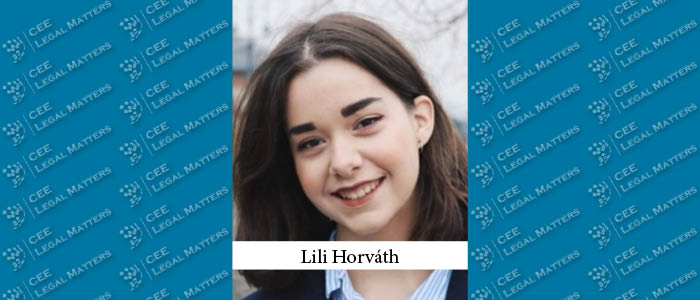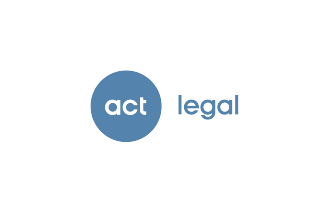Today, more and more companies are trying to convince consumers with the pretence of a sustainable future and environmental awareness. However, in many cases, there is no real responsibility behind such marketing activities, which are simply intended as an effective advertising ploy to make green claims.
The Hungarian Competition Authority (“GVH”) has analysed the impact of green marketing claims on consumers’ purchasing behaviour in several studies. The market analysis has shown that consumers’ behaviour is strongly influenced by green claims on the packaging, which have an impact on purchase intentions, despite the fact that consumers are often unaware of the exact meaning of the green claims. Businesses should be vigilant about the materials they use to promote sustainability, as misleading advertising or information can easily be considered unlawful. In response to this problem, the GVH has issued recommendations to businesses to ensure that green washing is discouraged and that consumers receive truthful information about a product or service.
Information on products and services
According to the GVH, a common problem with product labelling is that consumers do not understand why a product is considered environmentally friendly. Generalised, vague claims are common, such as “environmentally friendly product”, “renewable packaging” or “environmentally responsible choice”. Such claims do not make it clear to the consumer what criteria or characteristics qualify a product as “green”.
The GVH advises businesses to be clear and specific. It must be clear which aspect of the product the claim refers to, whether it is about the product itself, the packaging or perhaps its manufacture or the delivery. Clarity also means that the language used must be understandable to the average consumer, because without clear information the consumer cannot make an informed decision. Nor should a business use claims that hide the real impact of a product or service on the environment by highlighting a single characteristic. It is a common practice for companies to highlight the positive environmental impact of the product packaging without mentioning that it is negligible in relation to the environmental damage caused by the production and processing of the materials.
A business should only make claims that are true, accurate and easy to verify. Practices where information is not available to consumers in Hungarian are highly objectionable, as is the practice where the information can only be found after significant research and multiple click troughs.
It is considered bad practice for a company to emphasise legal compliance as a distinguishing advantage over identical or similar products of other companies, when it is required for all products by manufacturers in the sector. Marketing materials that highlight environmental performance relative to the company’s past performance can also be misleading, because if a company has not paid attention to this, achieving a significant improvement is not a real challenge for the company.
Comparative advertising
In the field of comparative advertising, the GVH considers it fundamental that the claims are objective, relevant and verifiable. Vague and intangible statements should be avoided, and clear, concrete and quantified claims should be made; for example, it is worth expressing in percentage how much less harmful substances a company uses than an another company producing a comparable product. It should be borne in mind that a company claiming to be the “greenest” or “most environmentally friendly” is also a comparative claim. The company must be able to prove the veracity of the claim in relation to all relevant products on the market for the entire period of the advertisement.
What do the certification labels certify?
In particular, the GVH also highlighted the importance of ensuring that the qualities certified by the certification labels on the product can be easily checked by consumers and that the advertising message communicated through the label does not go beyond what the label actually certifies.
Environmentally conscious promises
Companies should also be wary of making brand-building statements about their future activities. The companies should only make commitments that they are able to deliver in the foreseeable future, that are realistic and that consumers can follow. It is not advisable to make commitments that the company is already delivering, as this does not represent a real change, requires no effort and misleads the consumers.
Businesses need to be aware that not only specific environmental or sustainability claims can be considered green marketing, but also implicit signals such as the green colour, the visual placement of flowers or a globe, or even specific sound effects. Companies need to be aware of the overall effect, and should not imply that a product is environmentally friendly, even by implicit signals, if it is not.
By Lili Horvath, Junior Associate, Act Legal


